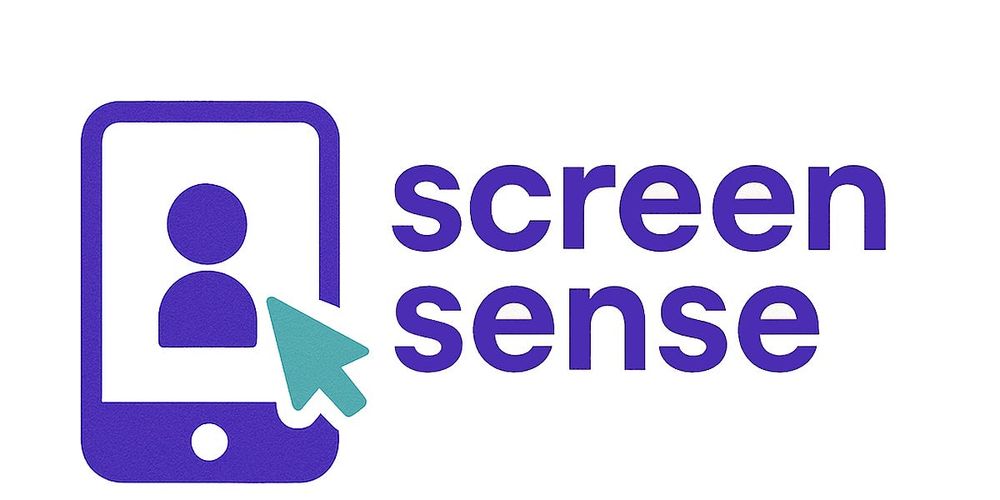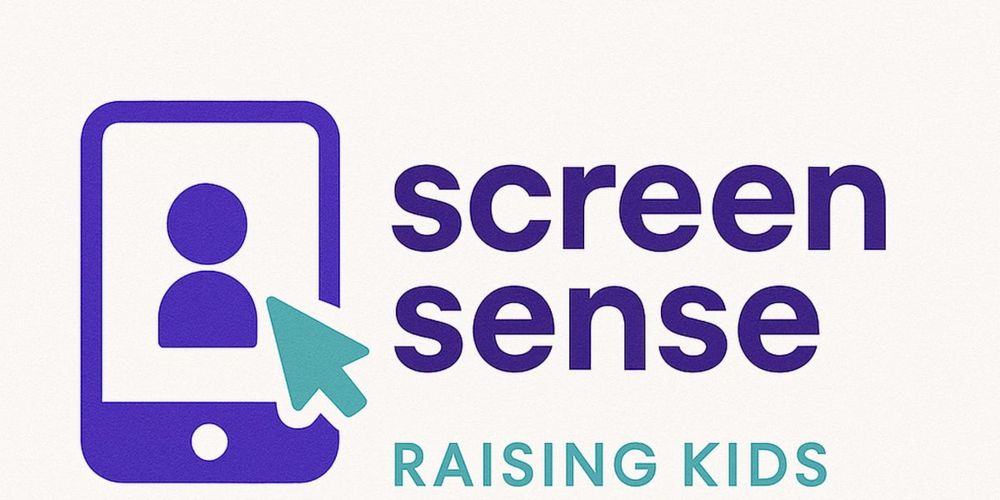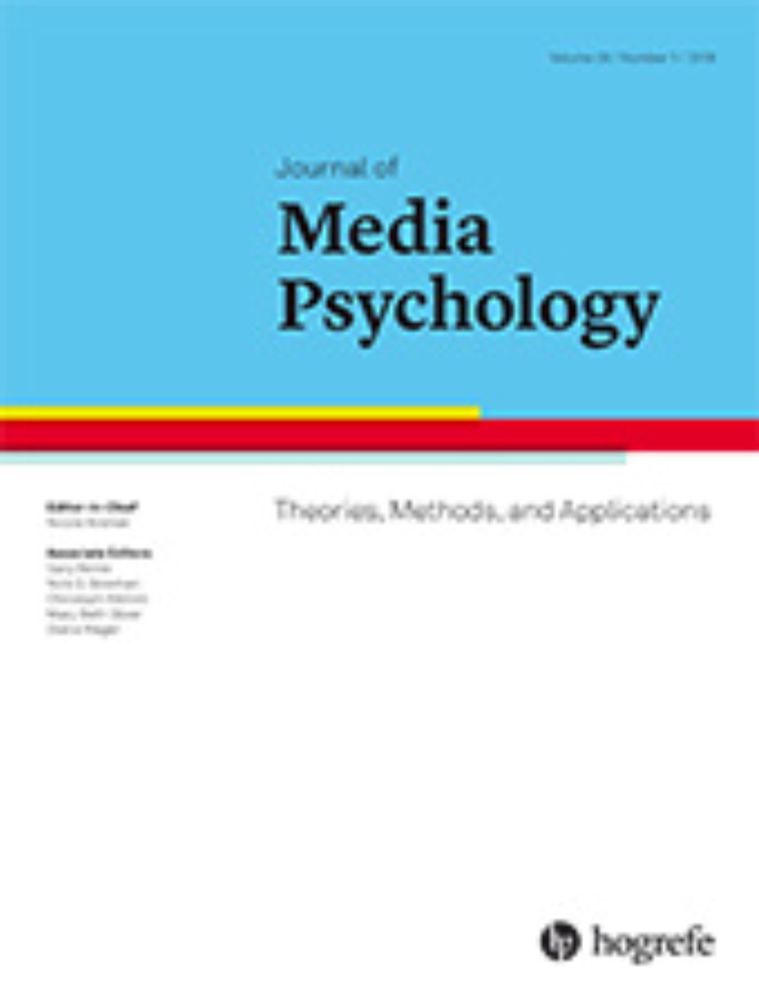

Using nationally representative ANES data from 2020 & 2024, I map how the U.S. social media landscape has transformed.
Here are the key take-aways 🧵
arxiv.org/abs/2510.25417

Using nationally representative ANES data from 2020 & 2024, I map how the U.S. social media landscape has transformed.
Here are the key take-aways 🧵
arxiv.org/abs/2510.25417
Bat signal @stephenjwild.bsky.social
Bat signal @stephenjwild.bsky.social
screensensepodcast.substack.com/p/episode-7-...

screensensepodcast.substack.com/p/episode-7-...
screensensepodcast.substack.com/p/episode-4-...

screensensepodcast.substack.com/p/episode-4-...

🧵

🧵

This case shows the double standard:
1. When I exaggerate, it's a joke. When you do, it's 'misinformation'.
2. JvB's own tweets about the project didn't explain the methods, highlighted preliminary vibe check results.
This case shows the double standard:
1. When I exaggerate, it's a joke. When you do, it's 'misinformation'.
2. JvB's own tweets about the project didn't explain the methods, highlighted preliminary vibe check results.
www.science.org/content/arti...

www.science.org/content/arti...
www.science.org/content/arti...


📄 doi.org/10.1027/1864...
📝 OA osf.io/preprints/ps...

📄 doi.org/10.1027/1864...
📝 OA osf.io/preprints/ps...
a) the claims aren't abbreviated
b) people who skipped claims are shown
c) claims are ordered by agreement

a) the claims aren't abbreviated
b) people who skipped claims are shown
c) claims are ordered by agreement
Hope to see you there!
#APS25DC
Congrats Craig and Doug!
2/
psycnet.apa.org/record/2025-...
Hope to see you there!
#APS25DC
Got stuff you are excited about presenting? Know of stuff you are excited to go see!
Let me know, reply here with it, I'll repost it!
Let's get some chatter going! Keep science going!
Got stuff you are excited about presenting? Know of stuff you are excited to go see!
Let me know, reply here with it, I'll repost it!
Let's get some chatter going! Keep science going!
A (slight) majority of experts say that there is any evidence at all for only one of the 26 claims investigated.
bsky.app/profile/rube...

A (slight) majority of experts say that there is any evidence at all for only one of the 26 claims investigated.
bsky.app/profile/rube...
rubenarslan.github.io/posts/2025-0...
rubenarslan.github.io/posts/2025-0...


